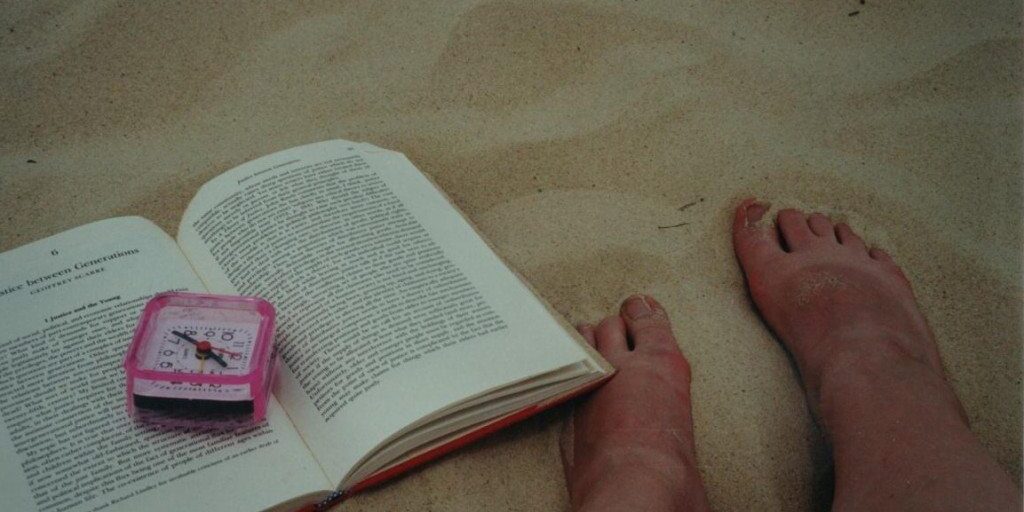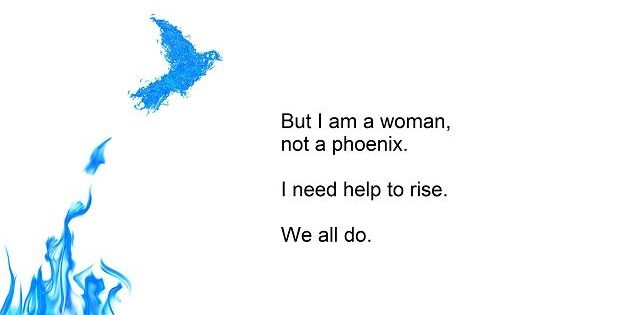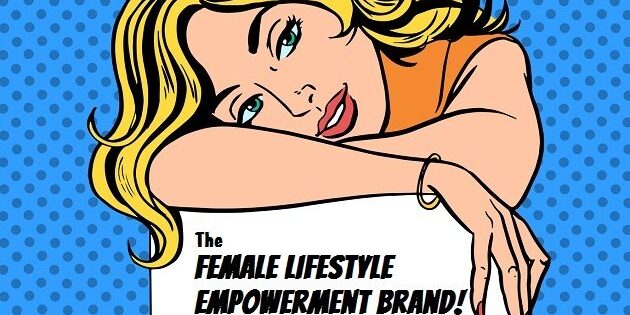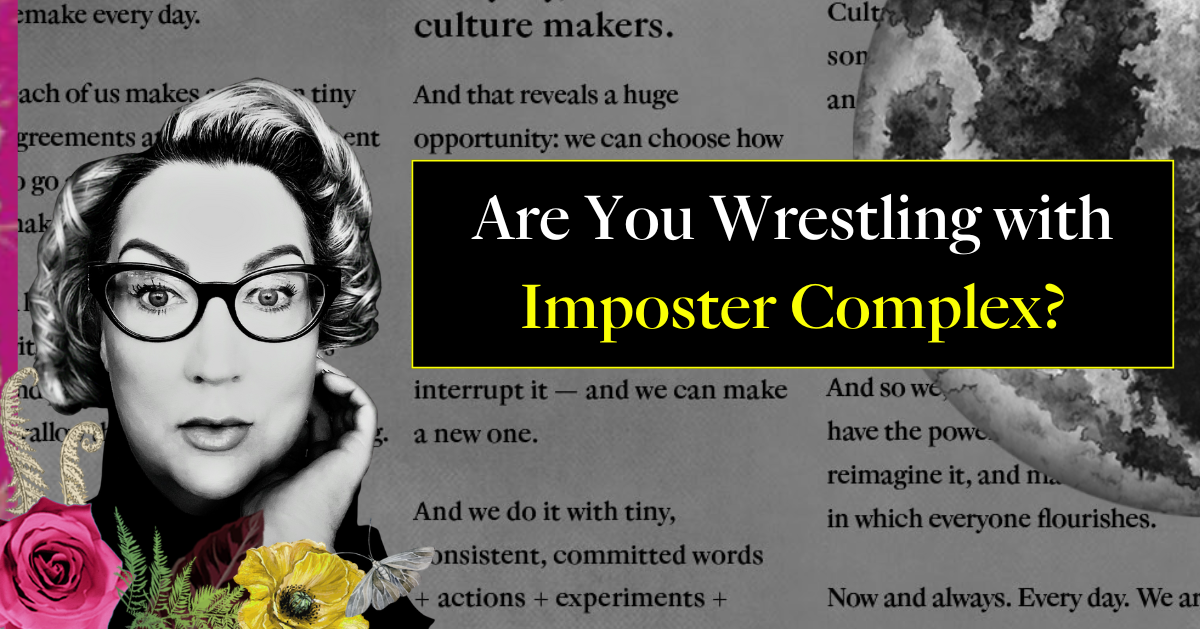
Be The Imposter
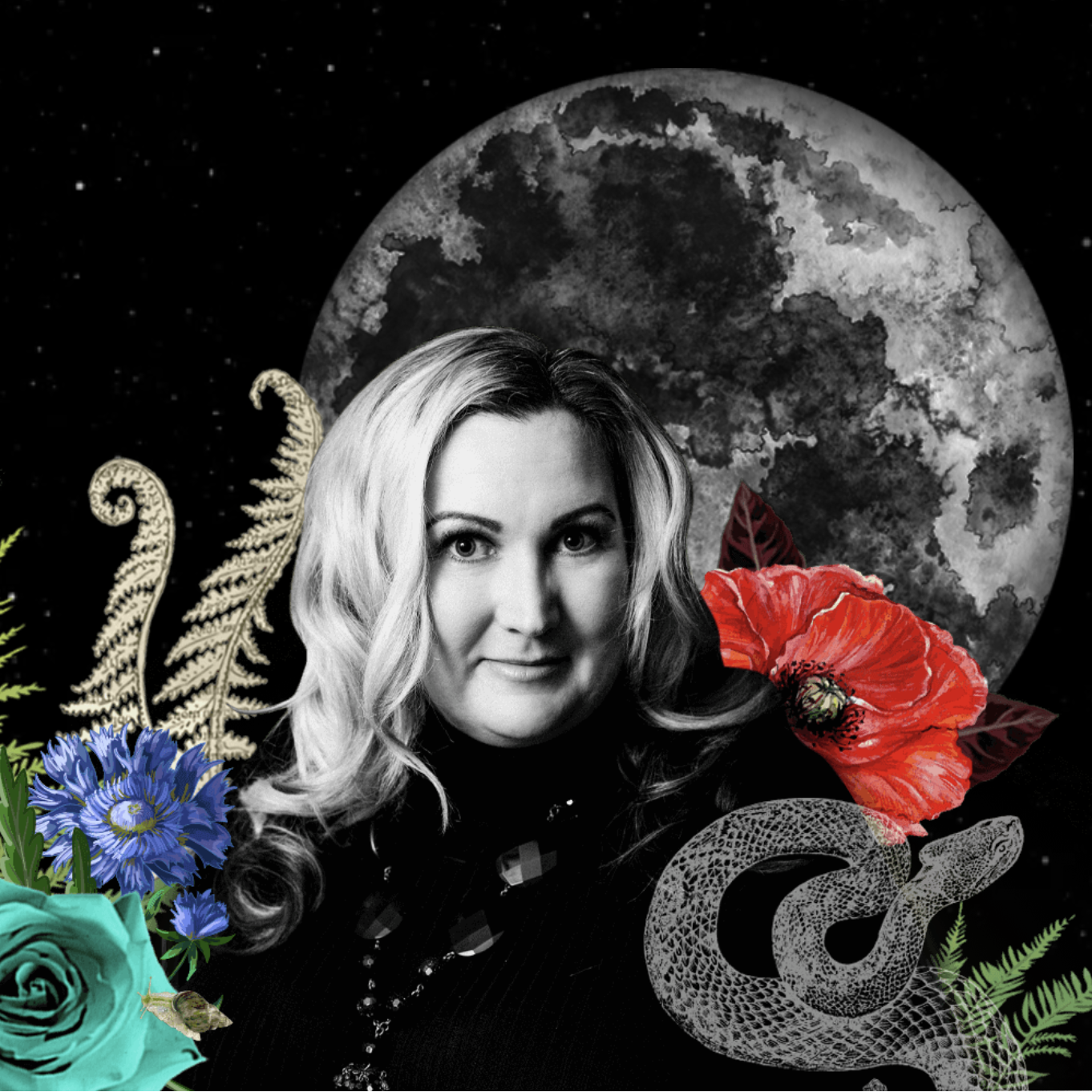
Are you wrestling with Impostor Complex? Does it have you pinned to the mat? Let’s figure out how to wiggle out.
I have a fundamental belief that everything that gets used against us can be a source of power, including everything we’re using against ourselves.
Here’s what I mean by that: Impostor Syndrome can be an incredible professional asset.
Let me share a story with you that makes the case for this.
Once upon a time, back in the days when blogging was a big thing, I was a brand new blogger.
And there was this very important big-time blog/magazine that everybody wanted to write for.
People were positively clamouring to write guest blog posts, for free, for this site because then you’d get a bump in traffic and that could put you on the map, professionally speaking.
Naturally, I wanted to write for this magazine.
So instead of doing what you’re supposed to do, which was query them, I went ahead and sent them a whole, ready-to-go blog post.
Not just any blog post; a trippy, weird stream-of-consciousness thing about Dorothy, The Wizard of Oz, and quality content.
It was spectacular – a real jewel. A poetry/essay kind of thing.
It was not what normal bloggers write.
It was not how blogs were supposed to be written.
It followed none of the blogging conventions.
It was completely antithetical to everything else that was on the blog.
It probably would never make it onto the blog.
And what happened, instead, was that the editor & founder of that site immediately got back to me.
This is significant, because I was a total unknown. I had six followers. Two of them were my mother and my sister. I brought no audience to the table and was violating every industry convention in my submission (to a publication that didn’t take finished submissions, only queries!).
The editor emailed me, and said, roughly, This is the best blog post anyone’s sent me in a long time. Can you write a weekly column for us? We’ll pay you.
So, to recap: everyone’s begging to write for free for this online magazine and suddenly I’m a paid columnist for it.
All on the back of one wackadoodle blog post that I sent in as a total unknown.
I didn’t know what I was doing. I was totally new to the field.
I didn’t just have an Imposter Complex; I was, in fact, an imposter.
I was pretending I knew what I was doing.
And that wasn’t a deficit; it was a professional asset.
I was a total newbie and wildly unqualified, and that was why I did things differently.
I hadn’t yet been institutionalized or socialized in the conventions of the field, and that’s why my work stood out.
That’s why my weirdo blog post was exciting, fresh and real: because I wasn’t yet conforming to the norms.
When people in my world are grappling with imposter complex, what they often mean by that is that their identity doesn’t match the social stereotype for the person who is “supposed” to hold that role, or they feel small compared to the giants in their field.
When they compare themselves to the big-names and role models in their space — the ones with three New York Times bestsellers, or an award-winning invention, who’ve followed the usual steps on the usual path and collected heaps of praise in mainstream publications, or who have a decades-long track record in the C-suite — they don’t feel like they have the qualifications, history or social trophies to be “official”.
And again, that’s your professional asset.
NOT following that path and NOT being the same as the big giants in the field — or even the regular folks in the field — is your asset. You’re going see things differently, which means you can do things differently, because you are different.
Edward Said, who wrote the book, Orientalism (which is a really important book, and he’s been a big influence on me in my thinking and in my life) wrote an essay about being what he calls himself a “cultural exile”.
Concretely, that means he is a Christian Palestinian who was exiled from Palestine in the Nakba, and then grew up in the UK and France, and ended up becoming a professor in New York. He’s lived in many different nations and had the experience of being a minority both in his home nation and in his emigre homes. Everywhere he makes a home, and even when he returns to previous homes, he’s a cultural exile. By that he means he’s always on the fence between cultures, rather than fully in them, even as he’s part of them. On the one hand, that means he never quite feels at home — which is what it means to feel like an imposter in your field; you never quite feel at home — but the hidden power there is that he sees his homes, cultures and social norms differently than most people around him. That’s why he could write his field-changing books: because he saw something different. That’s the power of being an exile, outsider or an ‘imposter’. When you’re on a fence between two things, you have vantage. You can look down into both things and see things that the other people who are in the yards cannot see.
Vantage creates advantage. Whenever you have access to information other people don’t have, you have an advantage.
So being the exile, being the imposter, is the source of your medicine.
And that’s how you can turn feeling like an imposter into a creative and professional asset.
So instead of feeling like we’re in a death roll with the crocodile known as Imposter Complex, BE THE IMPOSTER.

